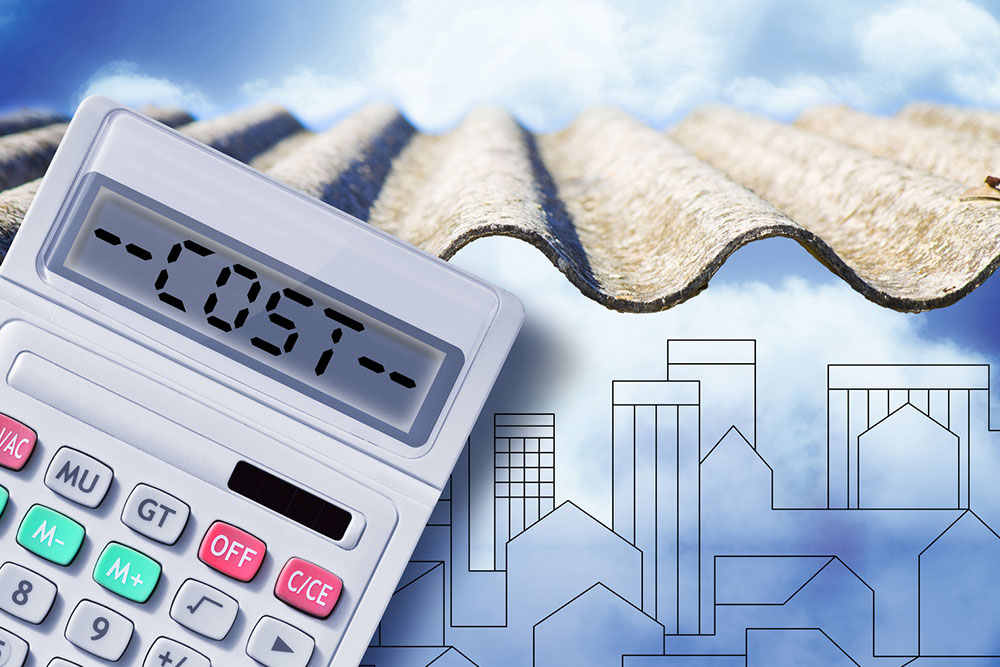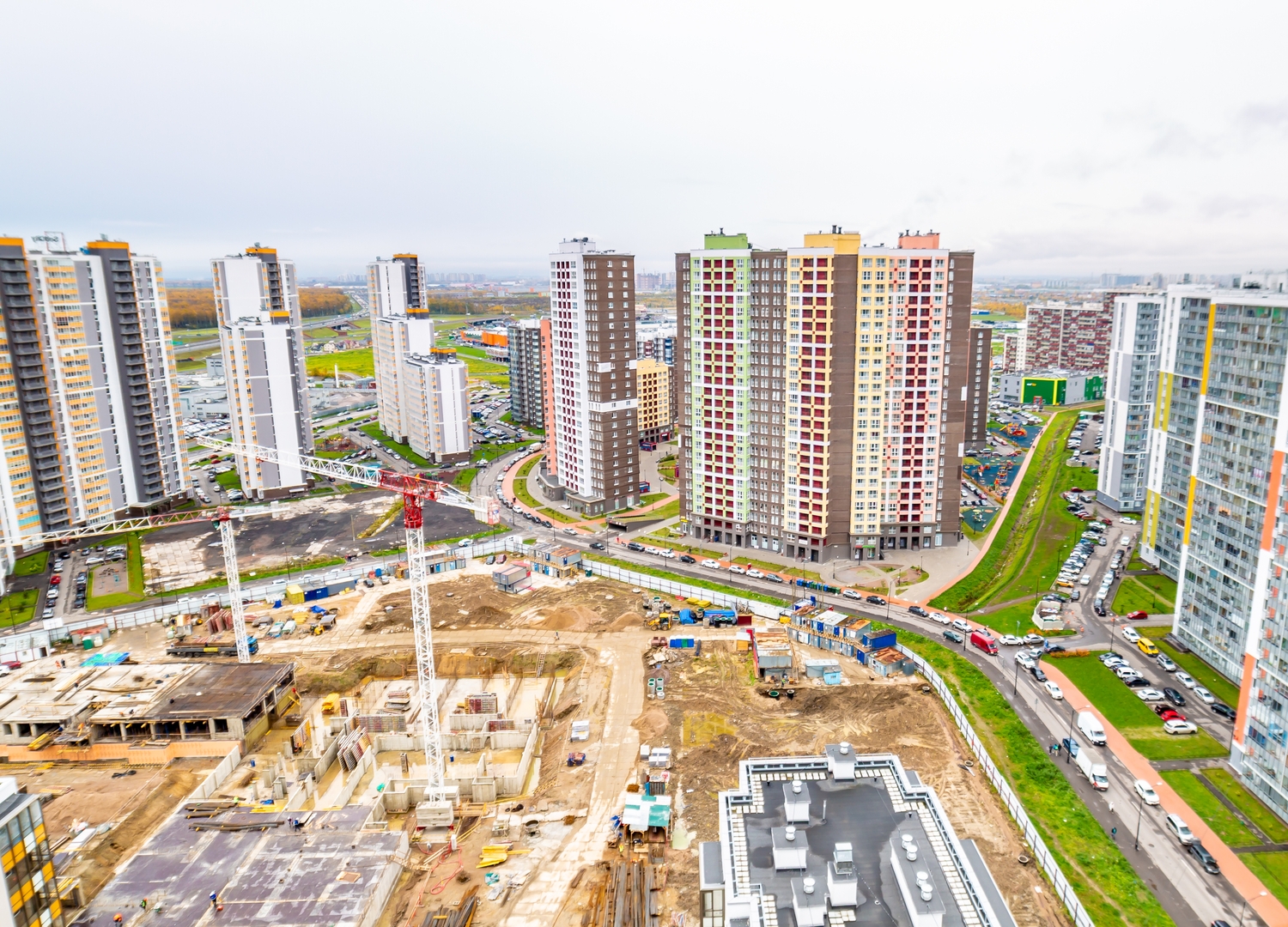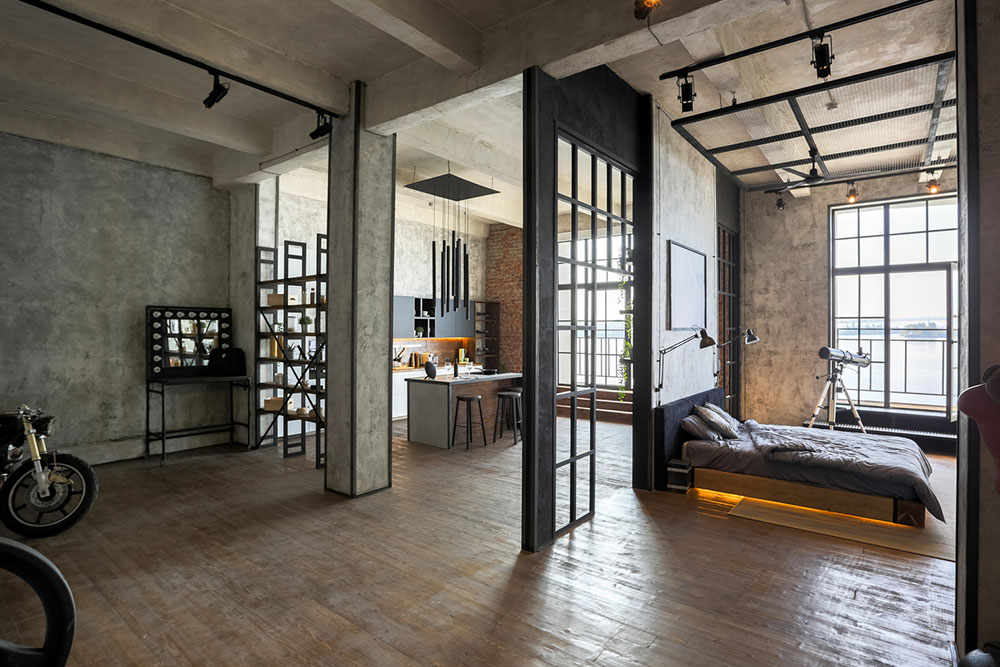Comprehensive Analysis of Factors Influencing Flat Prices in Bangalore’s Real Estate Market
Bangalore's real estate market is shaped by factors like its booming tech sector, improved infrastructure, urban development, and regional trends. Investors and buyers can benefit from understanding these dynamics to make informed property decisions. The city’s rapid urbanization, connectivity improvements, and growing demand across neighborhoods influence flat prices, offering diverse investment opportunities in this vibrant market. Staying abreast of infrastructure projects and policy changes ensures smarter investments in Bangalore's thriving property landscape.

Understanding Key Drivers Behind Flat Price Variations in Bangalore’s Real Estate Market
As one of India’s most dynamic and rapidly growing urban centers, Bangalore has cemented its position as a leading hub for technology, innovation, and economic development. This city’s real estate market reflects its growth trajectory, with property prices exhibiting considerable variation influenced by multiple interconnected factors. For prospective homebuyers, investors, and real estate professionals, gaining insight into the key factors that impact flat prices in Bangalore is vital for making informed decisions and capitalizing on market opportunities.
Introduction to Bangalore’s Real Estate Dynamics
Bangalore, often referred to as the Silicon Valley of India, is characterized by a thriving tech industry, extensive infrastructure development, and a booming population. The city’s expanding skyline and burgeoning neighborhoods offer a plethora of real estate options, from affordable flats to ultra-luxurious apartments. However, the fluctuating prices across different localities highlight the complexity of Bangalore’s property market. To understand these trends, one must analyze several core factors that significantly influence flat prices.
Impact of the Technology Sector on Flat Prices
The backbone of Bangalore’s real estate boom is its status as India’s premier technology and innovation hub. The city hosts numerous multinational corporations, leading IT parks, and startups, all contributing to high demand for residential spaces. Neighborhoods with a strong IT presence, such as Whitefield, Electronic City, and Outer Ring Road corridors, witness higher property values due to the influx of tech professionals seeking proximity to their workplaces.
Increased demand from IT employees and foreign expatriates fuels property appreciation in these areas. The correlation between the tech industry’s growth and rising real estate prices is consistently observed, making Bangalore’s technology sector a pivotal driver of flat price trends. Regions experiencing substantial IT infrastructure development tend to see accelerated property appreciation, offering lucrative investment prospects for early entrants and seasoned investors alike.
Transport Infrastructure and Connectivity: A Critical Factor
Enhanced connectivity is a major determinant of property prices. Bangalore has undertaken numerous infrastructure projects aimed at improving mobility and reducing congestion. The expansion of roads, construction of flyovers, and development of Peripheral Ring Road (PRR) have significantly improved access to various localities. The metro rail network, ongoing and future projects, enhances east-west and north-south connectivity, making previously inaccessible areas more attractive for residential development.
The presence of an international airport further boosts Bangalore’s status as a key travel hub, attracting international professionals and expatriates. Improved transportation infrastructure not only makes commuting easier but also increases the desirability of surrounding real estate. Localities with better connectivity often command premium prices, especially those close to major transit hubs and arterial roads.
Quality of Life and Urban Development Influences
As Bangalore’s economy expands, so does its urban landscape. Infrastructure investments in healthcare, education, entertainment, and recreational facilities have elevated living standards across many neighborhoods. Well-established localities with reputed schools, healthcare centers, shopping malls, and urban amenities attract families and working professionals alike.
Greater urban development correlates with rising property prices. Modern urban planning aims at creating sustainable and livable environments, which further boost real estate values in these areas. As social infrastructure improves, so does demand for flats, driving up prices due to limited supply and increasing purchasing power of residents.
Urbanization, Migration, and Market Supply & Demand
Bangalore is experiencing unprecedented urbanization, attracting people from across India and abroad. The influx of migrants seeking employment opportunities in the city’s expanding sectors causes increased demand for housing. Meanwhile, land availability is constrained by geographical, regulatory, and environmental factors, limiting supply and consequently affecting prices.
The impact of demand-supply dynamics is profound; high demand coupled with restricted supply pushes prices upward. Limited land parcels in prime locations, along with strict zoning regulations, intensify competition among buyers, often resulting in premium prices for emerging and established localities.
Area-Specific Real Estate Trends in Bangalore
Bangalore’s vast geographical expanse encompasses diverse neighborhoods, each with unique pricing patterns influenced by infrastructure, development status, and strategic importance. Major real estate hotspots include East Bangalore, South Bangalore, West Bangalore, and North Bangalore, each offering different investment opportunities.
For instance, East Bangalore, home to several IT parks and industrial areas, has an average property rate of approximately Rs. 8,000 per square foot, with 2 BHK flats costing around Rs. 80 lakhs. Sarjapur Road, known for its rapid development, maintains similar rates at Rs. 6,500 per square foot, with larger flats costing over Rs. 1 crore. West Bangalore, featuring localities like Mahadevapura and Bellandur, offers an average rate near Rs. 6,000 per square foot, favored by families looking for upscale amenities.
North Bangalore, including Yelahanka and Hebbal, provides more affordable options starting from Rs. 40.2 lakhs, with high-end properties reaching Rs. 1.25 crore. South Bangalore, especially areas like Jayanagar and Indiranagar, commands higher prices owing to their proximity to commercial centers, social infrastructure, and premium residential projects.
Additional Factors Impacting Property Values
Beyond infrastructure and location, several other elements influence flat prices. Construction costs, notably for materials and labor, directly impact property value increments. A rise in commodity prices or regulatory changes can cause construction expenses to escalate, affecting the final property prices.
Location-specific features, such as proximity to commercial hubs, schools, hospitals, parks, and shopping areas, play a crucial role. Additionally, government policies related to zoning, building regulations, and property taxes influence market behavior.
Reputation of developers and the quality of construction also impact pricing. Well-known developers with a track record of quality assurance tend to fetch higher prices and premium market positioning.
Conclusion: Navigating the Bangalore Real Estate Market
Understanding the myriad factors that influence flat prices in Bangalore is essential for prospective buyers and investors. The city’s evolving infrastructure, booming tech sector, urban development initiatives, and regional dynamics collectively shape property valuations. By analyzing these factors, stakeholders can identify promising investment zones, anticipate market trends, and make strategic decisions in a competitive landscape.
As Bangalore continues to grow as India’s technological and economic powerhouse, its real estate market will remain dynamic and ever-evolving. Staying updated with infrastructure developments, policy changes, and market patterns will enable smarter investments and foster sustainable growth for all stakeholders involved in Bangalore’s vibrant property scene.




